
Which way should you point your nest?
If you are a bird that builds enclosed nests, the direction of the entrance to your home could determine your comfort level, especially when raising babies.

“Do most of your members know about the Nagoya Protocol**?” This question appeared on a survey distributed to representatives from an array of professional societies in the social and life sciences, all of whom were about to attend a workshop on “The Shifting Landscape of International Biological Research” that ESA organized in 2017. A primary goal of this workshop was…
Read More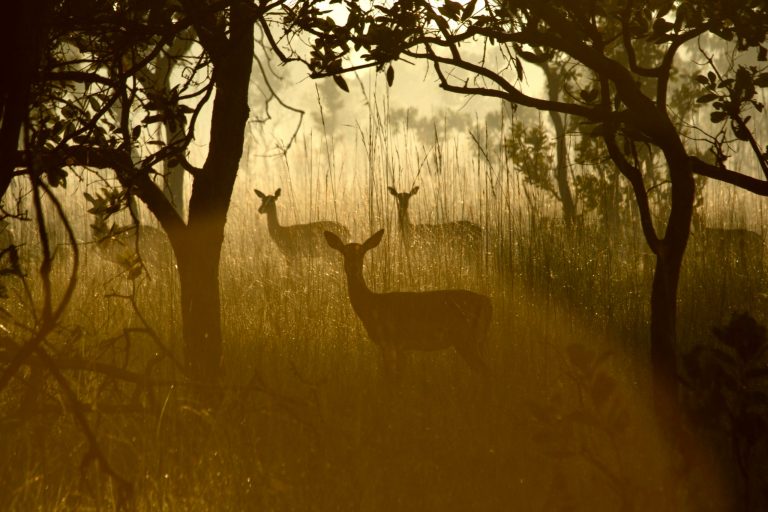
Sometimes, field work can simply take your breath away. A vigilant herd of impala early in the morning in Kafue National Park, Zambia. This herd was photographed by one of the Zambian Carnivore Programme’s long time field ecologists, Carolyn Sanguinetti, while conducting ground-based distance sampling surveys used to estimate species’ density and distribution throughout the park. This photo highlights an…
Read More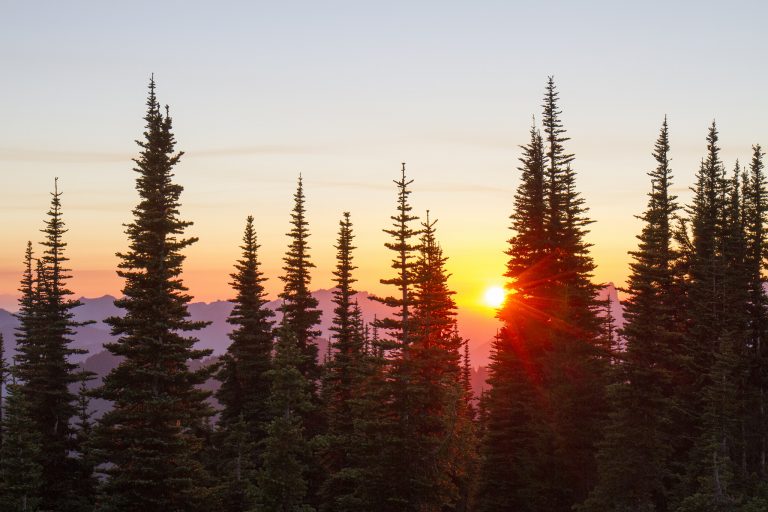
Dear ESA Members, ESA is thinking about all those who are affected by the disruption to daily life caused by the COVID-19 (coronavirus). We are concerned about the impact that the spread of this disease will personally have on members of the ecologic and the greater scientific community. We hope you remain safe and that daily operations return to normal…
Read More
If you are a bird that builds enclosed nests, the direction of the entrance to your home could determine your comfort level, especially when raising babies.
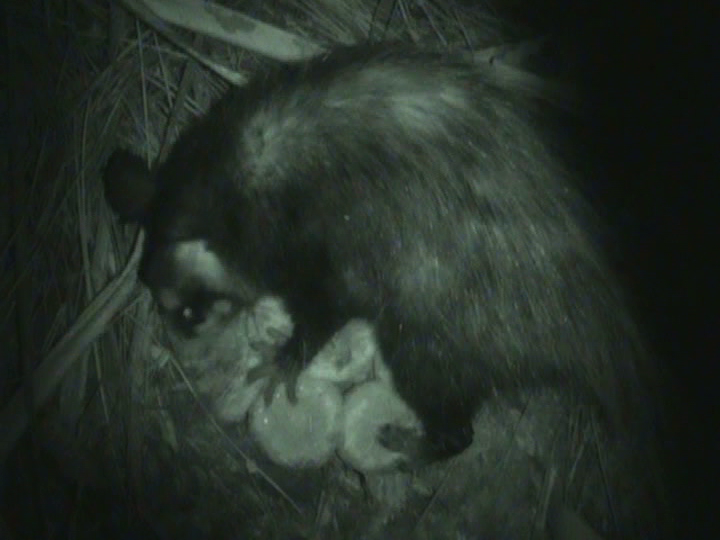
New footage of nocturnal pollination of plants by opossums brings light to unpublished research nearly thirty years old In Brazil there is a plant so strange that researchers predicted – and 27 years later, proved – that opossums are key to its pollination. The findings are published in the Ecological Society of America’s journal Ecology. The plant Scybalium fungiforme, a…
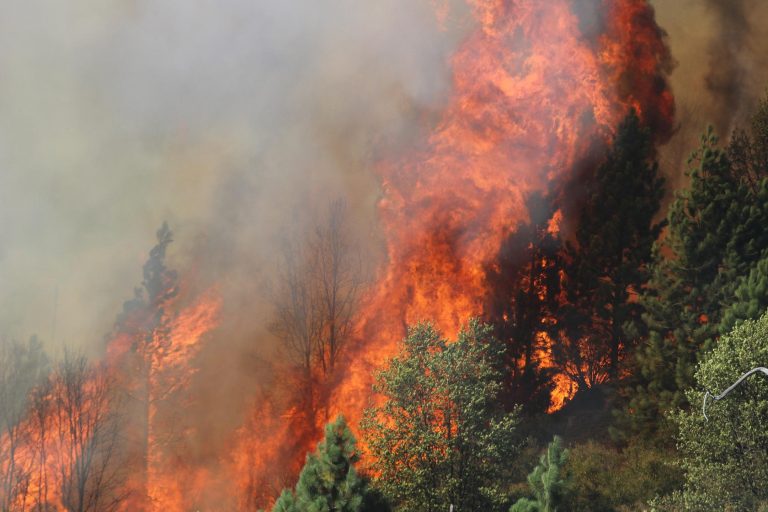
The Ecological Society of America (ESA) has updated its virtual issue on “Wildfire, Forest Management, and Climate.” ESA scientists with expertise on wildfire drivers, ecosystem impacts, and other related issues are available for comment and to respond to questions and inquiries. As the likelihood and intensity of fires is increasing amid drought and climate warming, multiple approaches for understanding and…
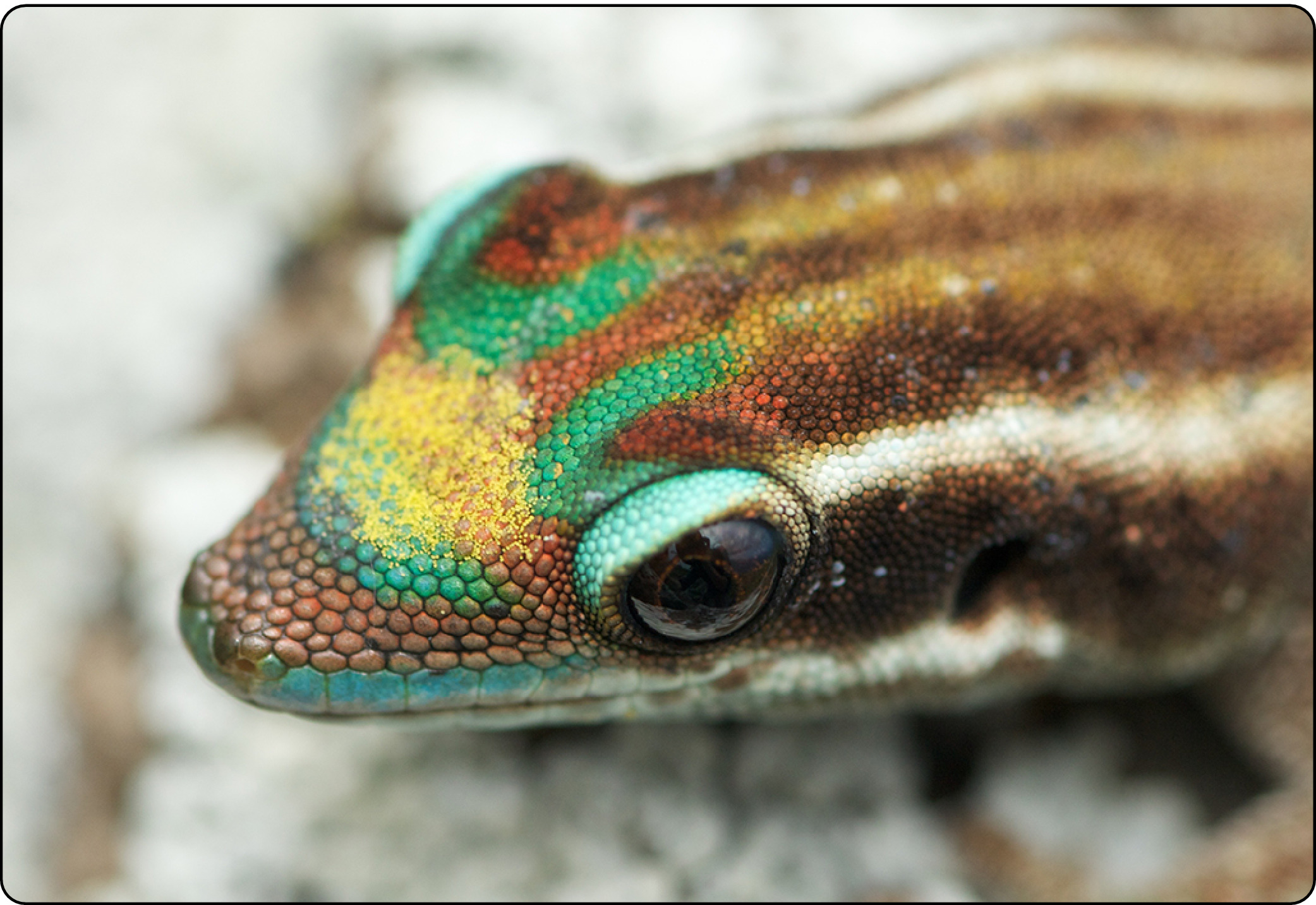
This lizard is beauty, this lizard is grace—even if this lizard has a bit of pollen on its face.
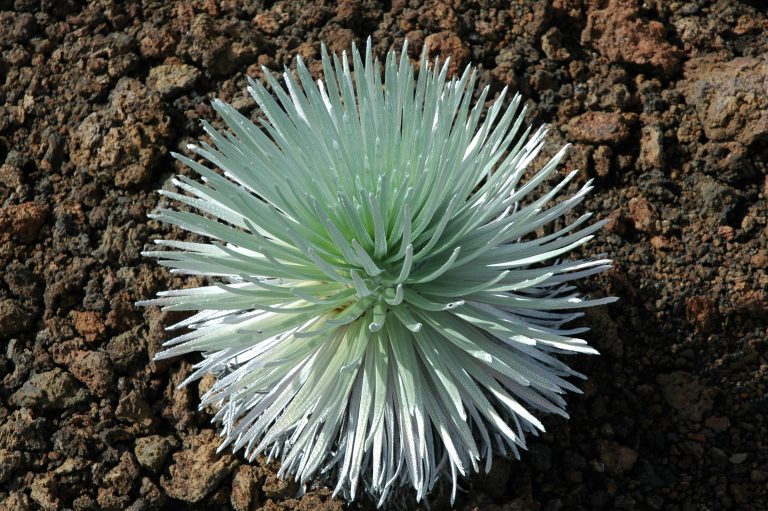
A rare, iconic Hawai’ian plant faces hardships as climate change affects trade winds Silversword plants of Hawai’i are unique to the Maui’s Haleakalā volcano summit area and to the Mauna Kea and Mauna Loa volcanoes on the Big Island. Each volcanic mountain has its own unique type of silversword. The Haleakalā species – known by its Hawai’ian name ‘āhinahina which…
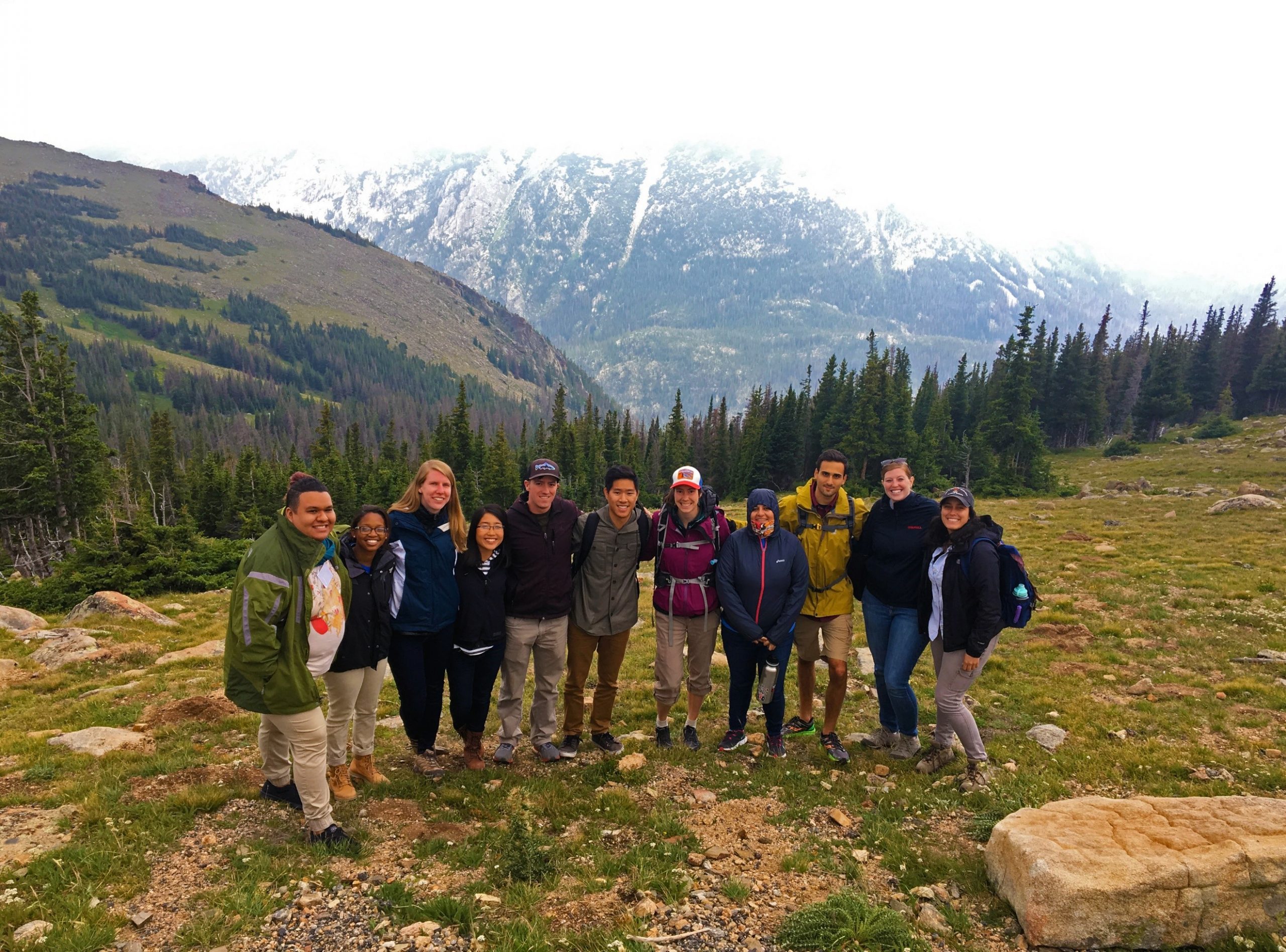
The call for internship applications is open! Apply here What does it mean to become a Future Park Leaders intern? To get a better idea of the internships, we reached out to some past alumni to share their personal experiences, memories, and lasting benefits of the program. The Future Park Leaders of Emerging Change internship program pays upper level undergraduate…
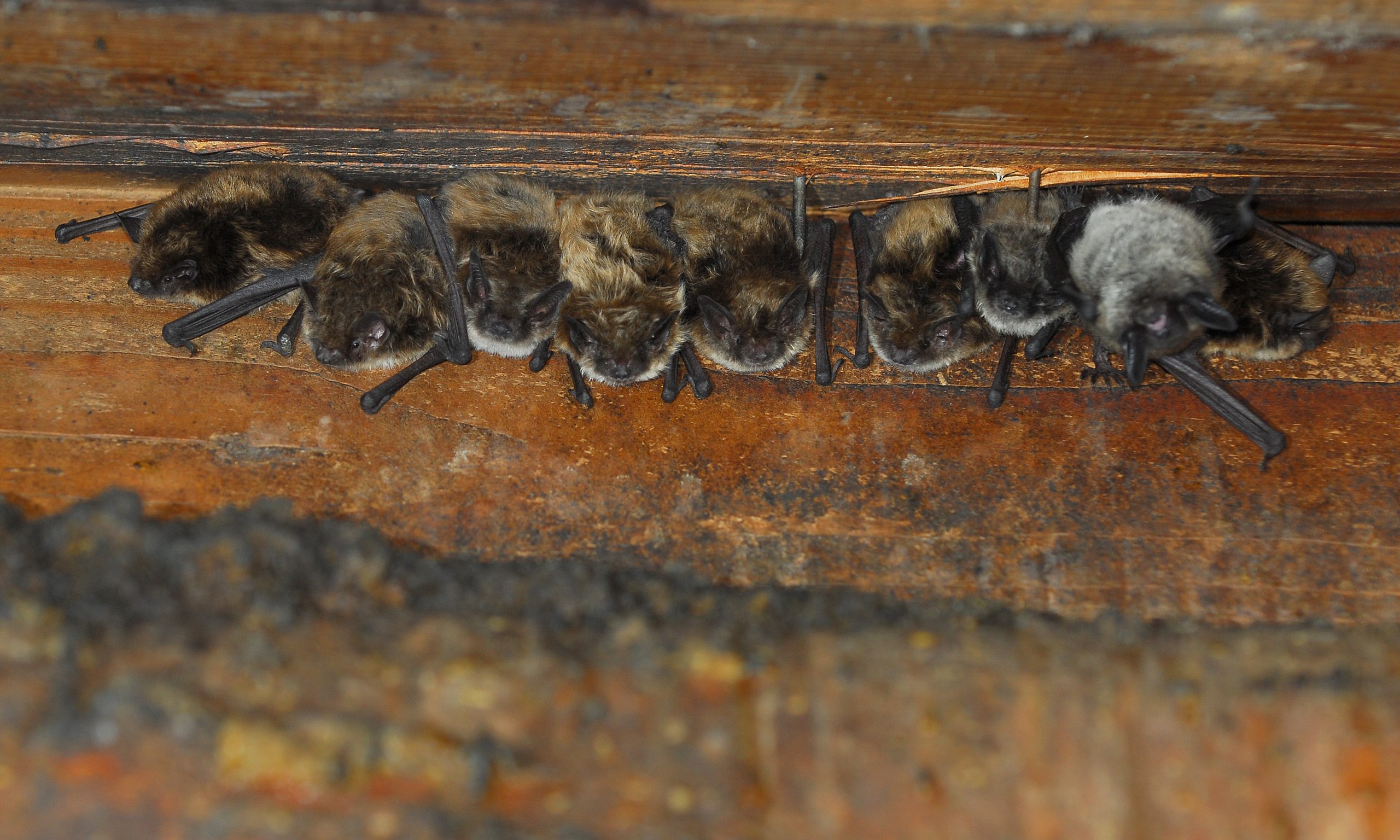
Buildings are vital summer roosting places for little brown bat maternity colonies in Yellowstone National Park For the little brown bat – a small mouse-eared bat with glossy brown fur – a warm, dry place to roost is essential to the species’ survival. Reproductive females huddle their small furry bodies together to save thermal energy during maternity season (summer), forming…
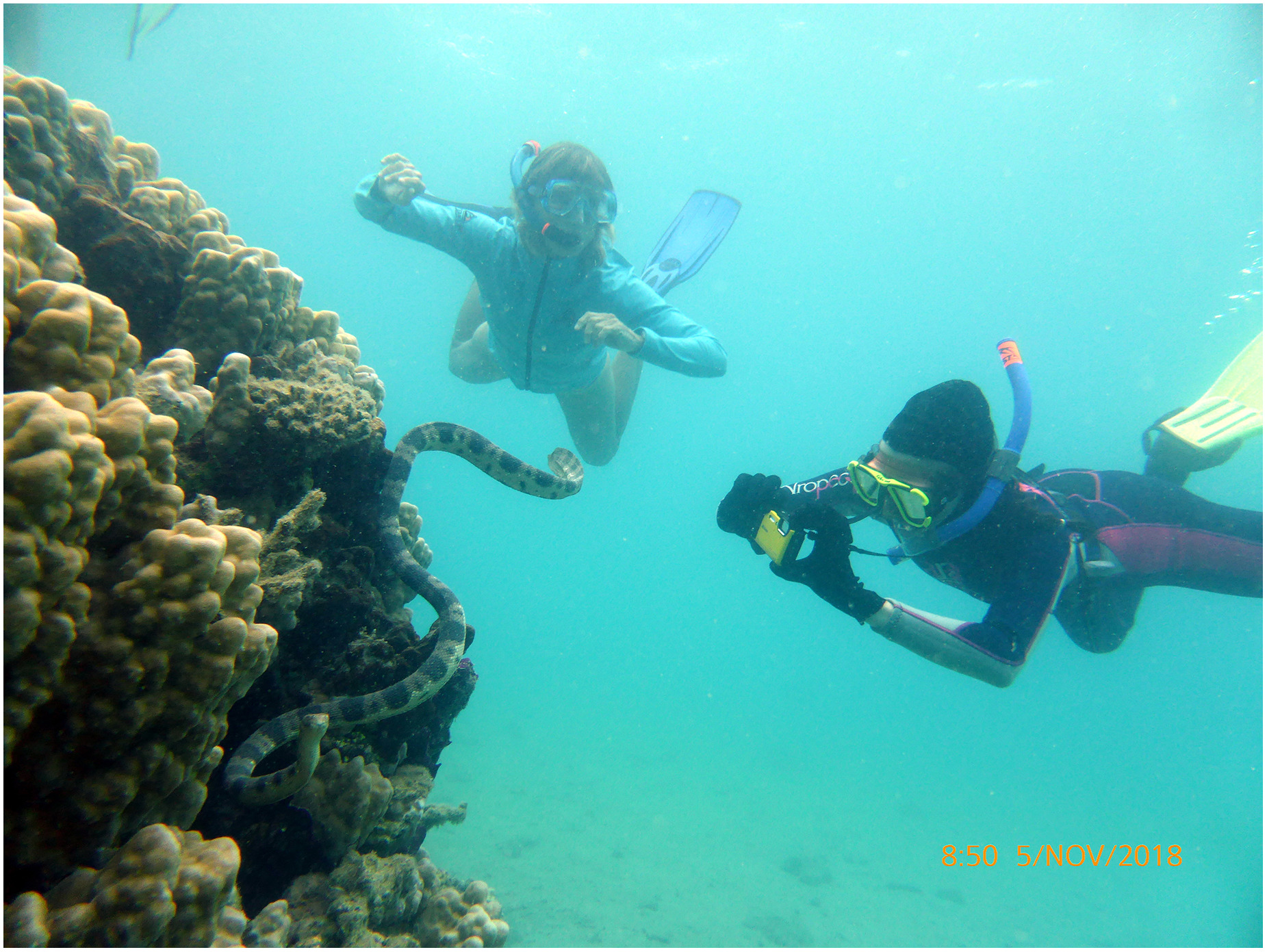
Seven snorkeling grandmothers helped scientists uncover a large population of venomous sea snakes in a bay popular with residents and cruise passengers Amateur enthusiasts are changing the game for science and research. Citizen passion for hands-on experience with nature is helping scientists gather more and more data each day. Many of these citizen-science led projects rely on enthusiastic children and…
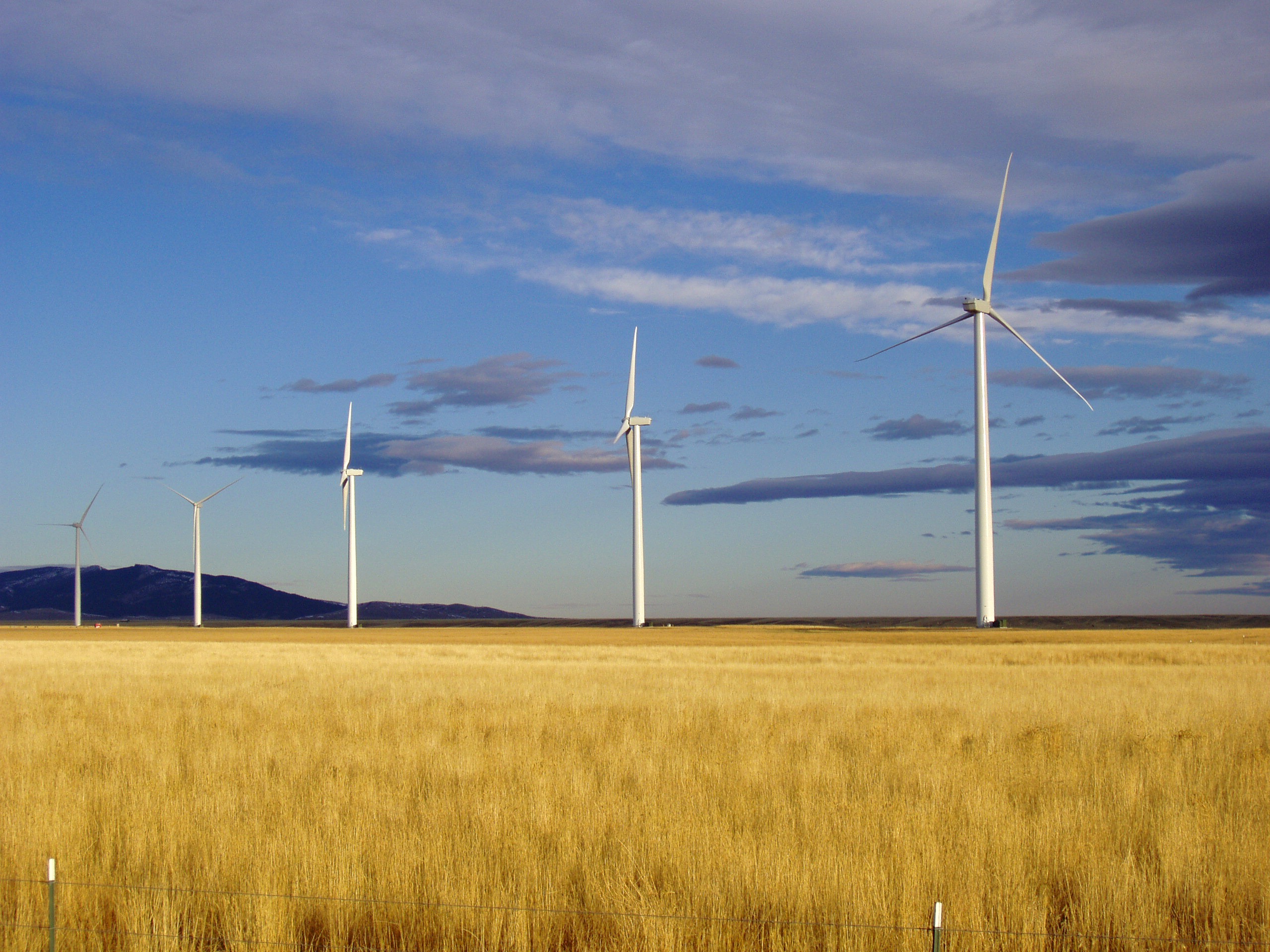
The Ecological Society of America (ESA) announces the publication of a new report, “Impacts to Wildlife of Wind Energy Siting and Operation in the United States,” in ESA’s Issues in Ecology publication.